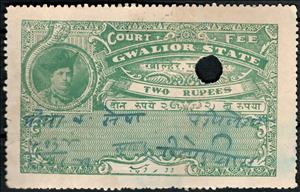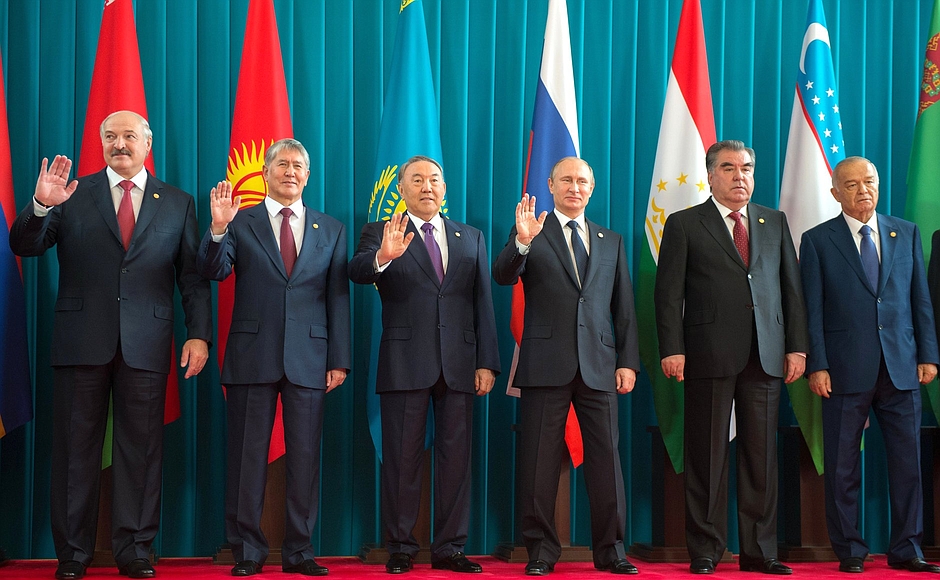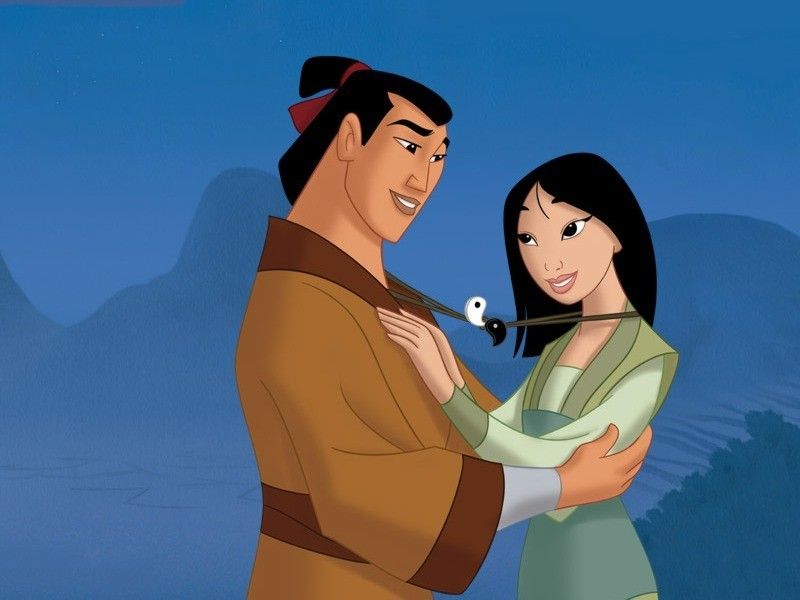Stamp: Maharajah (Gwalior 1942)
Maharajah (Gwalior 1942)
01 January (Gwalior ) within release Revenues - Court Fee (1940-50) goes into circulation Stamp Maharajah face value 2 Indian rupee
| Stamp Maharajah in catalogues | |
|---|---|
| Colnect codes: | Col: IN-GW 1942-02 |
Stamp is horizontal format.
Court Fee - punctured hole(s) indicates the stamp has been used to pay the Revenue FeeAlso in the issue Revenues - Court Fee (1940-50):
|
Data entry completed
86%
|
|
|---|---|
| Stamp Maharajah in digits | |
| Country: | Gwalior |
| Date: | 1942-01-01 |
| Size: | 105 x 65 |
| Perforation: | 8½ |
| Emission: | Revenue |
| Format: | Stamp |
| Face Value: | 2 Indian rupee |
Stamp Maharajah it reflects the thematic directions:
Headgear may be worn for protection against cold (such as the Canadian tuque), heat, rain and other precipitation, glare, sunburn, sunstroke, dust, contaminants, etc. Helmets are worn for protection in battle or against impact, for instance when riding bicycles or motor vehicles. There are also hats that are worn for protection from the cold
A head of state (or chief of state) is the public persona that officially represents the national unity and legitimacy of a sovereign state. In some countries, the head of state is a ceremonial figurehead with limited or no executive power, while in others, the head of state is also the head of government. In countries with parliamentary governments, the head of state is typically a ceremonial figurehead that does not actually guide day-to-day government activities and may not be empowered to exercise any kind of secular political authority (e.g., Queen Elizabeth II as Head of the Commonwealth). In countries where the head of state is also the head of government, the president serves as both a public figurehead and the actual highest ranking political leader who oversees the executive branch (e.g., the President of the United States).
A prince is a male ruler (ranked below a king, grand prince, and grand duke) or a male member of a monarch's or former monarch's family. Prince is also a title of nobility (often highest), often hereditary, in some European states. The female equivalent is a princess. The English word derives, via the French word prince, from the Latin noun prīnceps, from primus (first) and caput (head), meaning "the first, foremost, the chief, most distinguished, noble ruler, prince"



